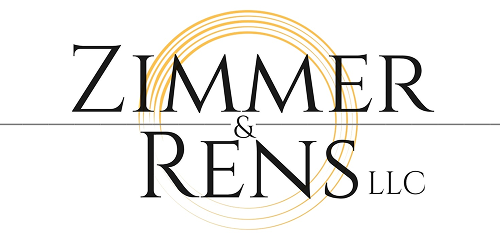Home / Real estate law / Business entities
Business entities
How many LLCs you should create for your real estate business ventures? Is a land trust is right for you? Are you collaborating with other investors?
I own multiple rental properties – should each property be in a separate LLC?
It depends. There are several factors that investors might consider when deciding how to structure the ownership of multiple rental properties.
These factors include:
- risk tolerance
- the amount of equity in the properties
- organizational skills and willingness to perform administrative tasks
- how the properties are financed
Landlord risk
For example, consider a landlord who owns rental properties free and clear and has other rental properties with short-term commercial mortgages against them.
The landlord has a full-time day job and manages his properties himself. With the properties that are owned free and clear, there is no risk that the landlord will become unable to make mortgage payments and face foreclosure.
The landlord’s primary risk exposure with respect to these properties is property damage or personal injury. The landlord can greatly mitigate these risks by purchasing insurance.

Foreclosure risk
In contrast, the properties that are encumbered by mortgages present the risk of foreclosure in addition to the risks of property damage and personal injury. The characteristics of a commercial loan’s risk heighten the risk of foreclosure relative to the risk posed by traditional 30-year fixed-rate loans.
First, the life of most commercial loans are short, typically five to seven years. This means that staying current on mortgage payments requires the borrower to refinance the loans every few years. Thus, even if the properties are fully rented and have good cash flow, outside forces such as global economic conditions can limit or eliminate refinancing options.
Second, most commercial loans have variable interest rates. A sharp, sudden increase of interest rates combined with unexpected vacancies and/or repairs may cause the landlord’s cash flow from one or more properties to fall into the red.
Separate free and clear properties
To avoid the possibility of the landlord’s lenders attacking the properties that he owns free and clear to collect on the mortgages taken out against his other properties, the landlord may want to separate the ownership of the free and clear properties from the mortgaged properties.
All the free and clear properties can be owned by a single LLC without sacrificing much liability protection because the landlord can simply purchase insurance to practically eliminate the risk of liability for personal injury or property damage. That said, while insurance greatly reduces the risk of liability, certain types of
harms, such as health problems caused by mold, are commonly not covered and could result in substantial personal injury to tenants.
A landlord who has a low risk tolerance or is unable to personally monitor the physical condition of the properties on a regular basis may wish to separate ownership of the properties to achieve the greatest possible amount of liability protection. This strategy increases the administrative burden because it is essential to keep the operations of each LLC separate and distinct from the others. For example, the landlord would need to maintain separate bank accounts and accounting ledgers for each company.
Zimmer & Rens LLC will help you understand the risks of real estate investing and create a business structure to help minimize your risk exposure. Have confidence knowing your personal and business are protected.
Call Zimmer & Rens LLC today for a free initial consultation.
Real estate practice areas
Request a free consultation
The initial consultation is free, and we’d be happy to help you with your transaction or with resolving your legal dispute.

